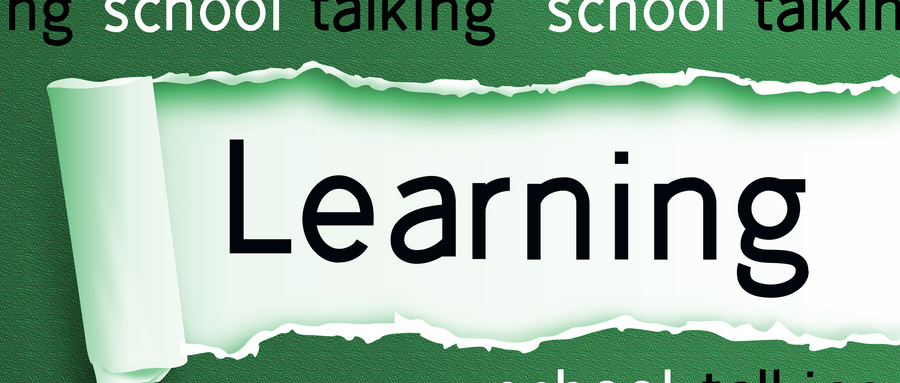初中英语语法知识点及6道经典考试题
例1Would you like _________?
A. eat something
B. something eat
C. something to eat
D. to eat something
解析:答案为C。不定式做不定代词的定语要放在不定代词的后面。如:something to drink.
例2What would you like?
I'd like________.
A. a glass of milk
B. two glass of milk
C. a glass milk
D. some glasses milk
解析:答案A milk是不可数名词,要表示其数量为多少,只能与相应的量词短语搭配,即"a…of+不可数名词"。
B项中two后面的名词glass应为复数,C、D两项均缺介词of,应排除B、C、D。因此选A。
例3It's time _________.
A. play football
B. for play football
C. to play football
D. to football
解析:答案C 句型It's time后面跟动词不定式短语或跟介词for+名词,表示"该做某事的时候了"。
A项不定式符号to,B项的for后面不能跟原形动词,D项中缺动词。故选C正确。
例4Would you like something to eat?
-________.
A. I would
B. Yes, thanks
C. No, thanks
D. I'd like it
解析:Would you like…? 表示客气地提出建议或请求,较Do you
want…更有礼貌。它的肯定答语是Yes, please. 否定答语是No, thanks. 答案是C。
例5I'd like a glass of milk and a piece of bread for breakfast. ________
you?
A.What about B How old
C. What about are D. How about are
解析:What about….? =How about…意为"……怎么样?",后面
常跟名词、代词(宾格)或动词的ing形式,常用来征求意见或询问消息。
例如:
(1)What about a bottle of apple juice? 来瓶苹果汁怎么样?
(2)What about going to play football? 去踢足球怎么样?答案是A。
例6根据对话内容,在每个空白处填入一个适当的词,使对话完整、合乎情景。
A: 1 would you like?
B: I 2 3 a skirt.
A: 4 about this red one? Do you like 5 ?
B: No, I don't think 6 .
A: What 7 that green one?
B: Oh, yes. that's nice. Thank you very much.
A: You're 8 .
答案 :
1. What
2. would (与like 连用,表示客气委婉地的愿望。)
3. like
4.What(与about连用,表示征求意见。)
5. it
6.so(承接前句的内容,用于避免重复。)
7. about (用法同4。)
8. welcome
英语语法知识:介词by的用法
1、 意为“在……旁”,“靠近”。
Some are singing and dancing under a big tree。Some are drawing by the lake。
有的在大树下唱歌跳舞。有的在湖边画画儿。
2、表示“逐个”,“逐批”的意思。
One by one they went past the table in the dark。
他们一个一个得在黑暗中经过这张桌子。
3、意为“不迟于”,“到……时为止”。
Your son will be all right by supper time。
你的儿子在晚饭前会好的。
How many English songs had you learned by the end of last term?
到上个学期末你们已经学了多少首英语歌曲?
4、表示方法、手段,可译作“靠”、“用”、“凭借”、“通过”、“乘坐”等。
The monkey was hanging from the tree by his tail and laughing。
猴子用尾巴吊在树上哈哈大笑。
The boy’s father was so thankful that he taught Edison how to send messages by railway telegraph。
孩子的父亲是那么的感激,于是他教爱迪生怎样通过铁路电报来传达信息。
5、表示“根据”,“按照”的意思。
What time is it by your watch?
你的表几点了?
6、用于被动句中,表示行为主体,常译作“被”、“由”等。
English is spoken by many people。
英语被许多人说。(即“许多人讲英语。”)
7、和take , hold等动词连用,说明接触身体的某一部分。
I took him by the hand。
我拉住了他的手。
推荐课程
-

达州励学高三生物一对一补习班 教学点:1个 人气:601
-

达州励学高三理科一对一辅导班 教学点:1个 人气:539
-

达州励学高一全科一对一补习班 教学点:1个 人气:534
-

达州励学高三物理一对一辅导班 教学点:1个 人气:497
-

达州励学高三历史一对一补习班 教学点:1个 人气:442
-

达州励学高三化学一对一补课班 教学点:1个 人气:440
学习资料
关于我们 | 联系我们 | 咨询电话:4006-303-880
川ICP备07505283号
以上信息知识产权归“达州励学个性化培训学校”所有,并对内容的真实性和合法性负责,如有侵权或投诉,请联系我们处理。